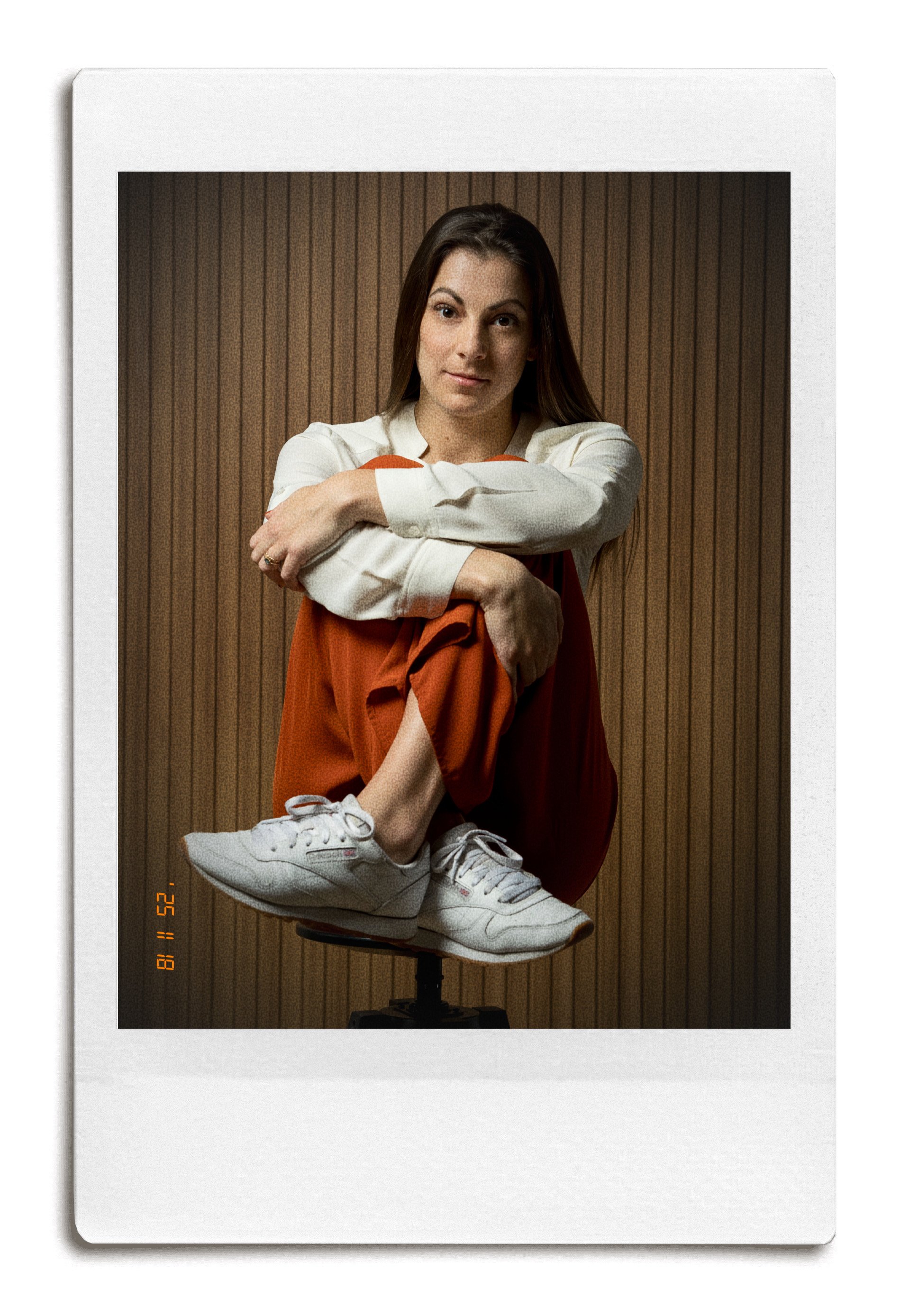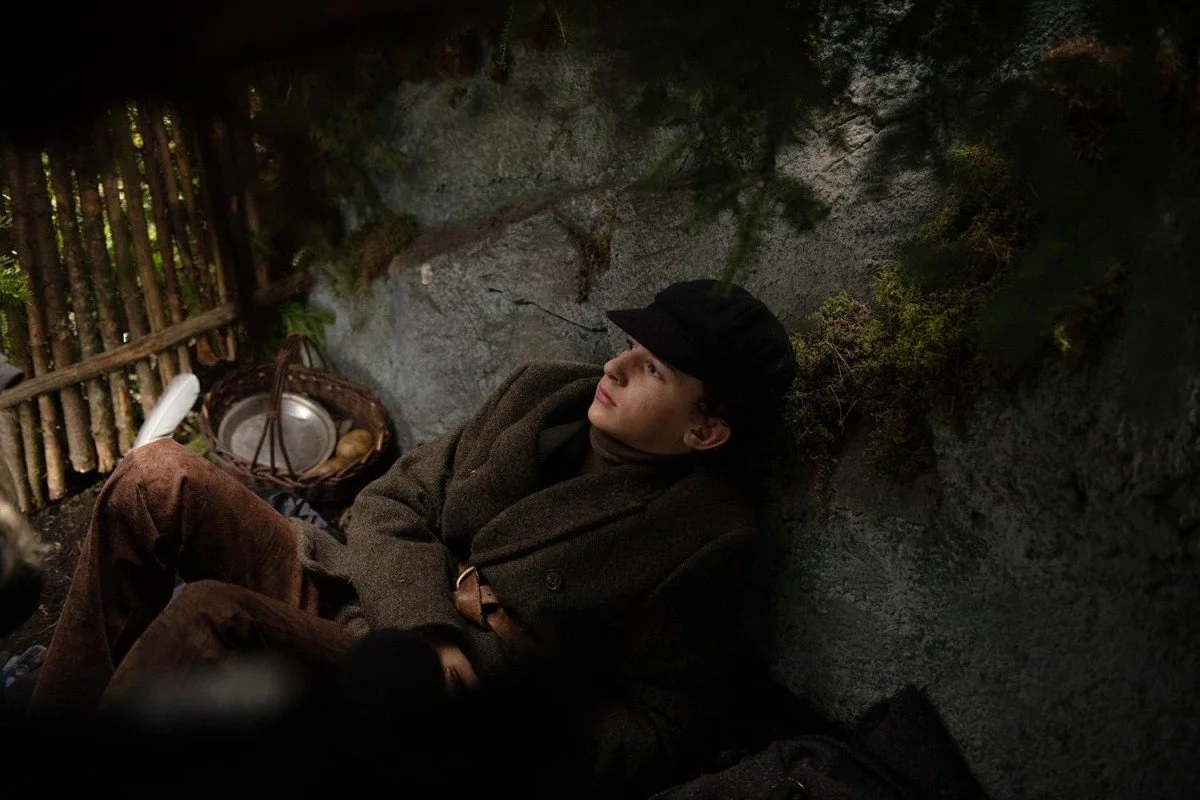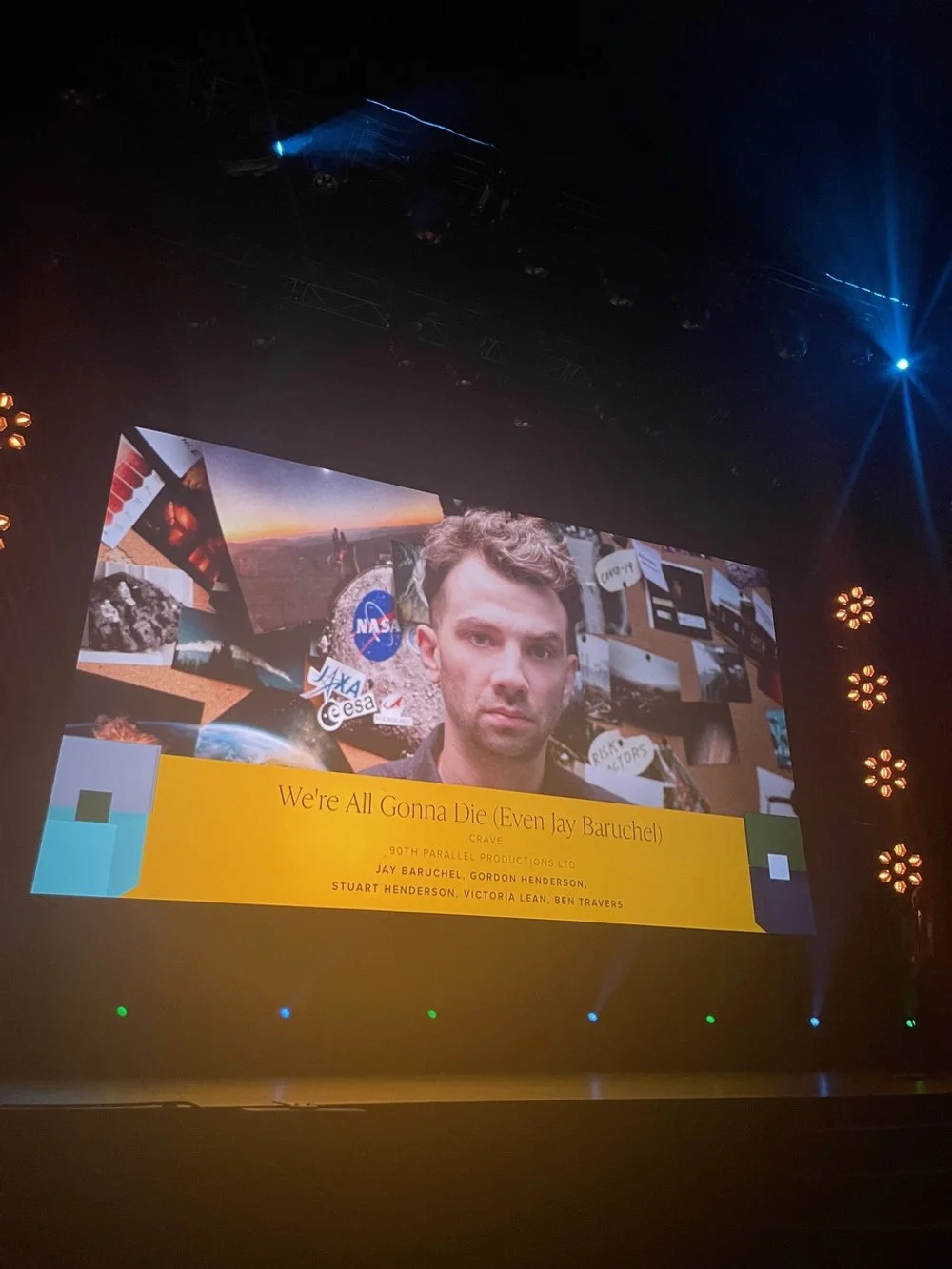The newly adapted Thomas Hardy novel, Far From the Madding Crowd, came to theaters two months ago. Directed by Thomas Vinterberg and starring Carey Mulligan (Bathsheba Everdene), Matthias Schoenaerts (Mr. Gabriel Oak), and Tom Sturridge (Sergeant Francis Troy).
A Night with Maureen Jennings
There are always going to be those nights when no matter how blustery the Canadian winter weather is, you are willing to brave it (wind, rain, or snow) to go out and visit an author whose work excites and inspires you. This is how I felt last night travelling to a Toronto Public Library branch to hear / see Maureen Jennings speak about her career.
What do WE want from cinema: Inherent Vice
I had a really unique movie going experience last week. At 9:20pm on a Tuesday night, I trekked alone to Cineplex Odeon Varsity Theatres at 55 Bloor Street, Toronto, for a VIP screening of Inherent Vice (2015). Directed by Paul Thomas Anderson, adapted by Thomas Pynchon's novel, this is by far one of the most interesting films I have got to see this year.








